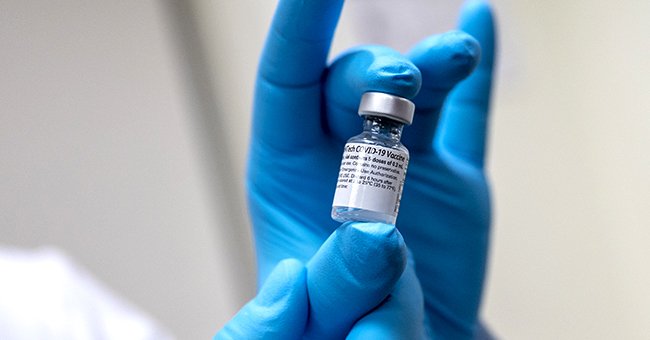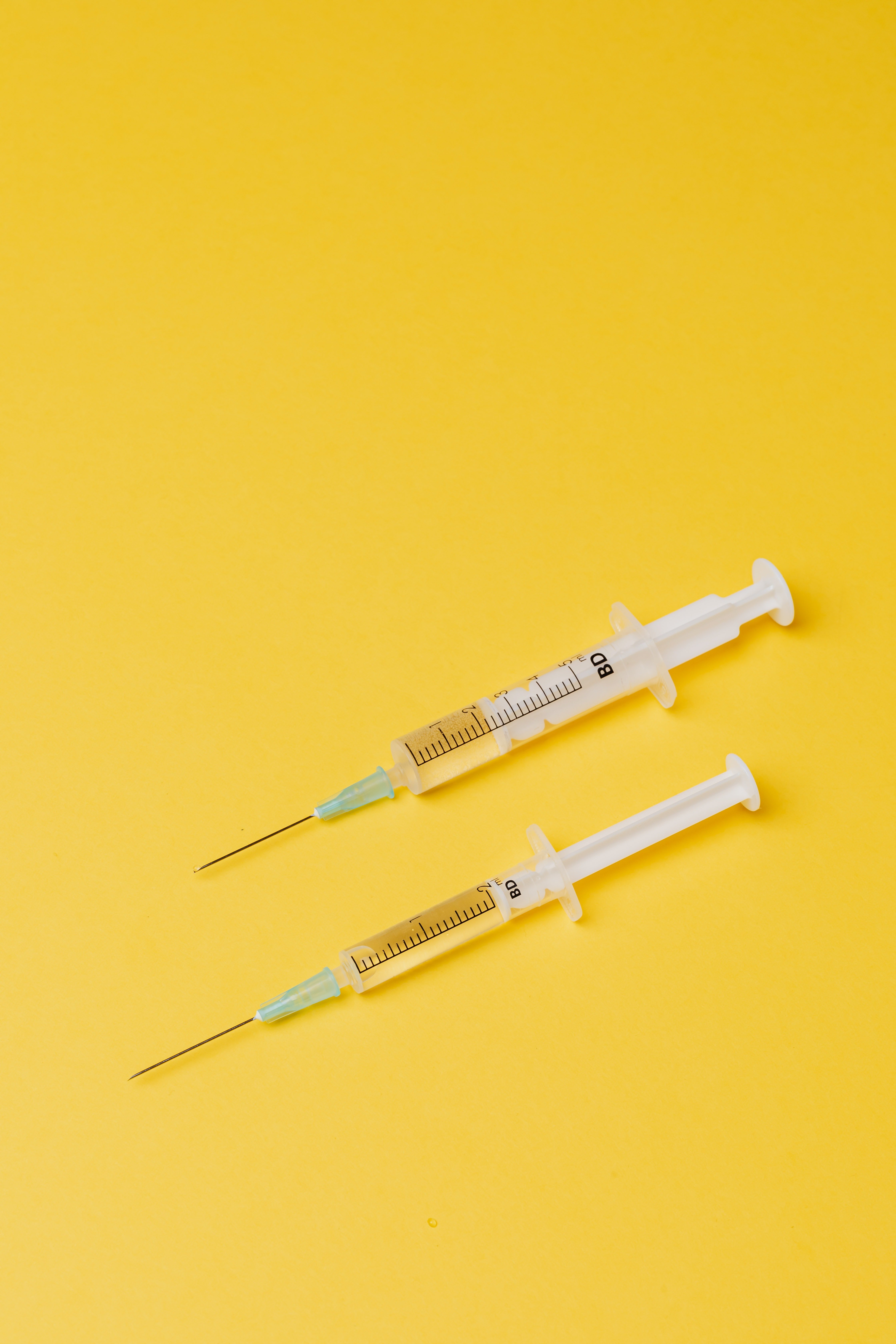
Here's Why a Third Dose of Pfizer COVID-19 Shot Is Likely Needed in 6 to 12 Months after Vaccination
Pfizer CEO Albert Bourla shared that the third round of vaccinations may be needed and that vaccination against the COVID-19 virus is likely to become an annual process.
The two rounds of Pfizer vaccinations against the COVID-19 virus may not be enough, as Albert Bouria said that a third vaccine might be necessary within six to 12 months of the second shot.
With the duration of the protection offered by the vaccine still unknown by researchers, there is little to no certainty surrounding the frequency of the dosages.

Photo of two injections against a yellow backdrop. | Source: Pexels/ Karolina Grabowska
PFIZER 3
Bourla was unable to confirm any of the information he was sharing about the vaccines because of its limited data. During his interview with CVS Health, the Pfizer CEO said:
"A likely scenario is that there will be likely a need for a third dose, somewhere between six and 12 months."
Bourla also revealed that the virus's variants are a key factor in how regularly the vaccines are distributed. It all comes down to limiting the number of people in danger of contracting the virus.
SUCCESS RATES
Pfizer's data stretches up to six months after the vaccine has been given with a 91% success rate at protecting individuals from the virus. It was 95% effective against severe cases up to six months following the second dose.
The CDC announced that individuals who have been fully vaccinated can gather indoors without social distancing.
The Pfizer vaccine has also shown to be successful in protecting people from the dangerous B.1.351 variant of the virus that originates from South Africa.
ANNUAL SHOT
Bourla also shared that the predicted three rounds of the vaccine may not be where the vaccination process ends. The Pfizer CEO revealed that annual injections might become a necessity, explaining that crowd immunization is key. He said:
"If you ask me, I think that there will be a need, based on these data, for revaccinations. In pandemics, you are as protected as your neighbor.”
Another lead distributor of the COVID-19 vaccine, Johnson & Johnson, agreed with Pfizer's predictions that the vaccination process would become an annual distribution, much like the flu shot.
CHANGING REGULATIONS
While the longevity of the protection offered by the vaccines is still being determined, the Centers for Disease Control and Prevention (CDC) have updated their regulations for those that are fully vaccinated.
The CDC announced that individuals who have been fully vaccinated could gather indoors without social distancing and wearing masks. They are also allowed to come together with people who are healthy and at low risk.
Although private gatherings' regulations have changed, fully vaccinated people are still expected to maintain a social distance and wear the necessary protective gear when in a public setting.
The CDC also stipulated that if vaccinated individuals start experiencing COVID-19 symptoms, they should get tested for the virus. The new regulations did not speak to those who have developed immunity after contracting the virus.
